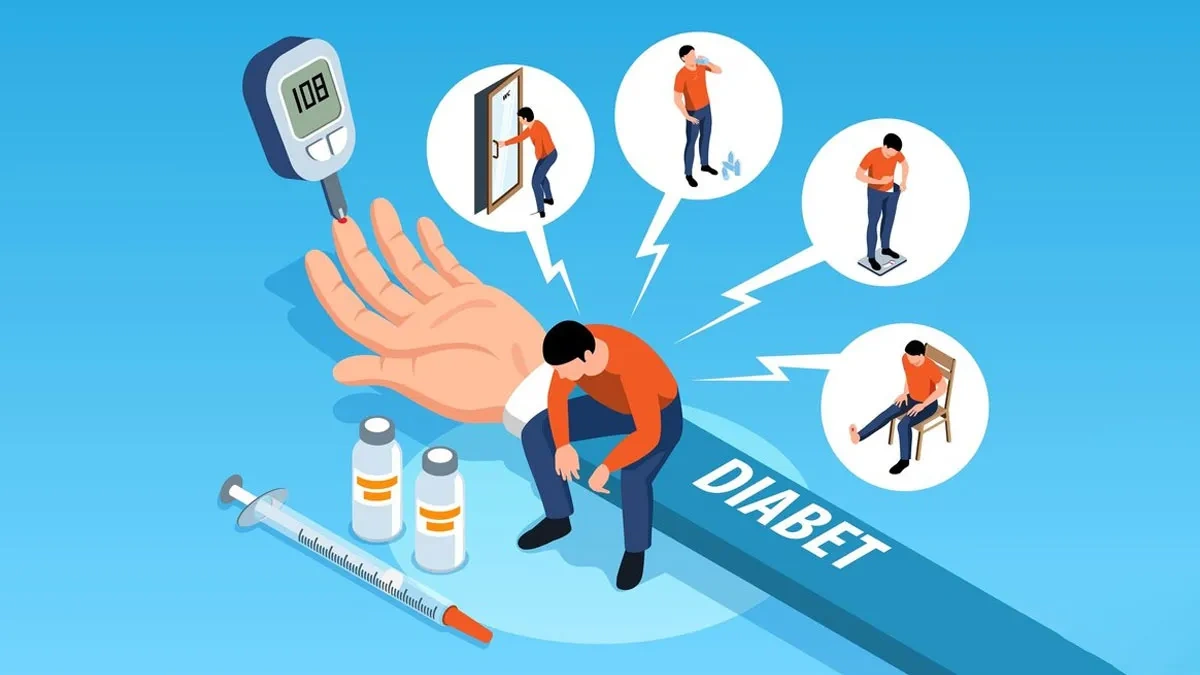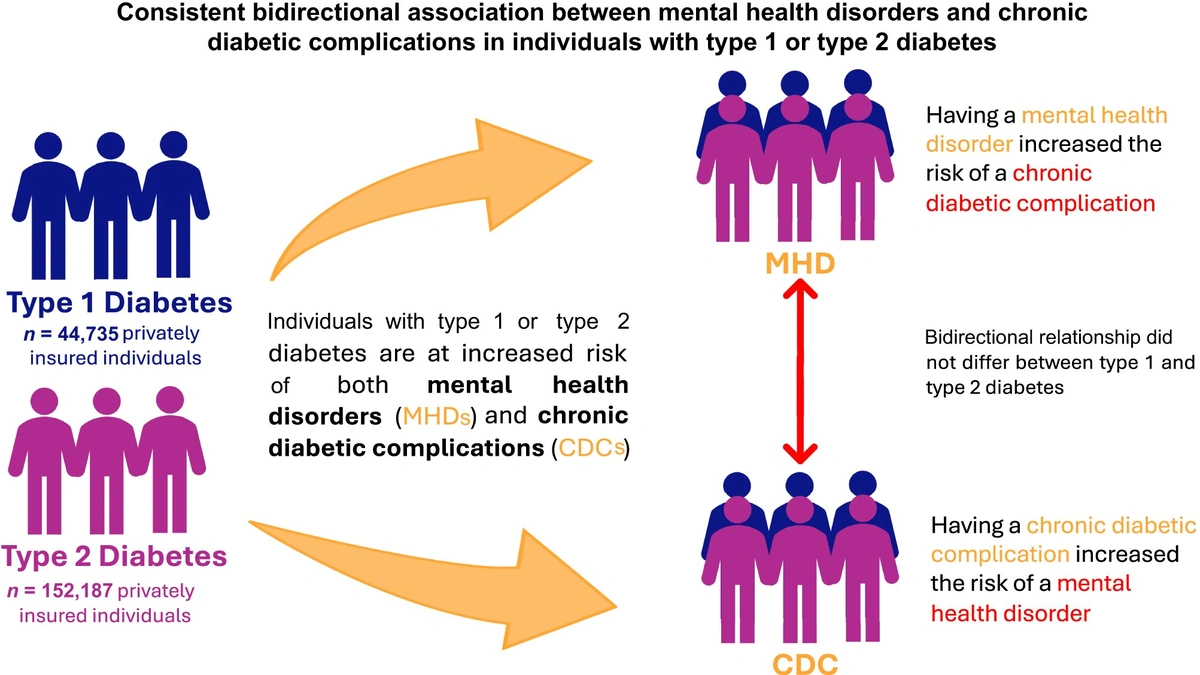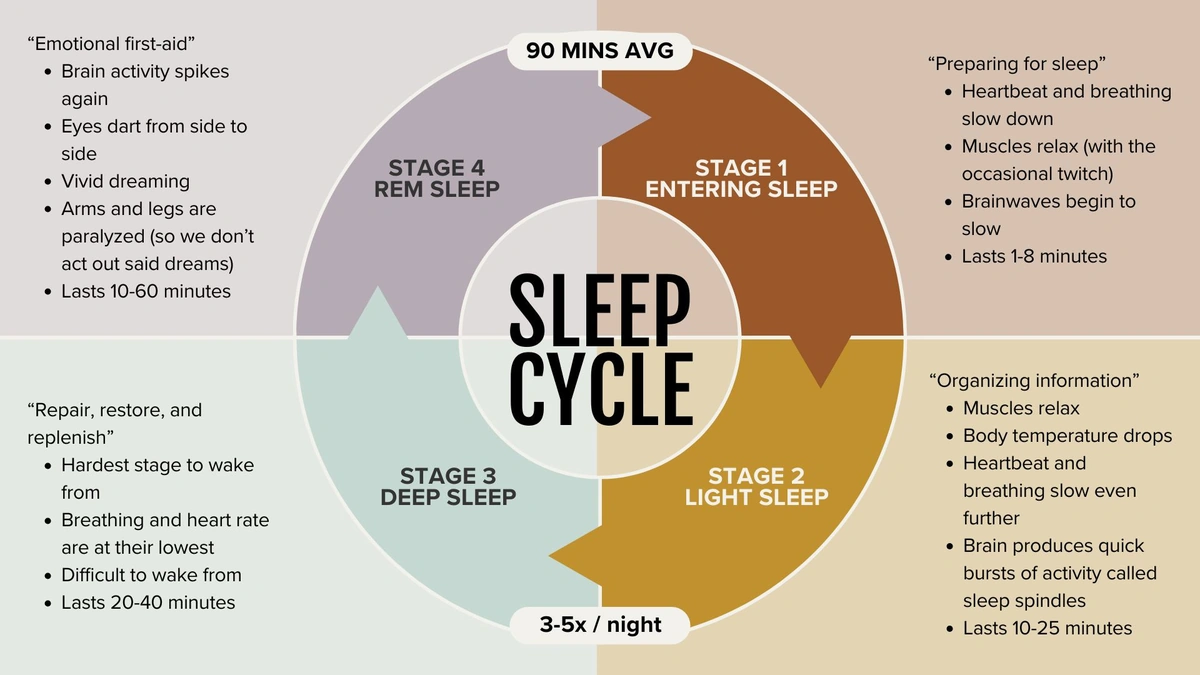World Mental Health Day: The Importance of Mental Wellbeing in Diabetes Management
Let’s be honest, when we think about diabetes , our minds usually jump straight to blood sugar levels, insulin shots, and maybe even dietary restrictions. But here’s the thing – there’s a silent partner in this dance, one that often gets overlooked: mental health . And on World Mental Health Day, it’s crucial to shine a spotlight on the profound connection between the two. It’s not just about managing glucose; it’s about nurturing your overall well-being.
I initially thought this was straightforward, but then I realized – the link between mental health and diabetes is far more intricate than most people realize. It’s not just a side effect; it’s often a critical factor in managing the condition effectively. Let me rephrase that for clarity: Ignoring your mental wellbeing can directly impact your blood sugar levels, your adherence to treatment, and ultimately, your overall health.
The Vicious Cycle: Stress, Diabetes, and Your Mind

Think about it – being diagnosed with diabetes can be incredibly stressful. The constant monitoring, the lifestyle changes, the fear of complications – it all takes a toll. And what happens when you’re stressed? Your body releases cortisol, a hormone that can raise blood sugar levels. It’s a cruel irony, isn’t it? The very condition you’re trying to manage gets worse because of the stress it causes.
But stress isn’t the only culprit. Conditions like anxiety and depression are also more prevalent in people with diabetes . As per research, people with diabetes are twice as likely to suffer from mental health issues. Feeling overwhelmed, hopeless, or constantly worried can lead to poor self-care, making it harder to stick to your meal plan, exercise regularly, or even take your medication. It becomes a vicious cycle, with mental health issues exacerbating diabetes and vice versa.
And, sometimes it also results in diabetes distress . According to research published in the National Institutes of Health , diabetes distress include feeling overwhelmed, discouraged, or frustrated with the demands of managing diabetes.
How Diabetes Impacts Mental Wellbeing
Diabetes can also directly impact your mental wellbeing through its physiological effects. Fluctuations in blood sugar levels can cause mood swings, irritability, and difficulty concentrating. Chronic high blood sugar can even damage nerve cells, leading to neuropathy, which can be incredibly painful and further contribute to depression and anxiety.
What fascinates me is how the constant need for self-management can become a huge burden. Imagine having to think about your food choices, medication, and blood sugar levels every single day, multiple times a day. It’s exhausting! And that’s why it’s so important to prioritize your mental wellbeing alongside your physical health. Here’s why it’s essential to support those around you.
Practical Steps to Prioritize Mental Health in Diabetes Management
So, how do you break this cycle? How do you prioritize your mental health when you’re already juggling so much with diabetes management ? Here are a few practical steps:
- Acknowledge Your Feelings: It’s okay to feel stressed, frustrated, or even angry about having diabetes. Don’t bottle up your emotions; acknowledge them and allow yourself to feel them.
- Seek Support: Talk to your doctor, a therapist, or a diabetes educator. Joining a support group can also be incredibly helpful, connecting you with others who understand what you’re going through.
- Practice Self-Care: Make time for activities that you enjoy and that help you relax. This could be anything from reading a book to spending time in nature to practicing yoga or meditation.
- Manage Stress: Find healthy ways to manage stress, such as exercise, deep breathing exercises, or spending time with loved ones.
- Set Realistic Goals: Don’t try to overhaul your entire life overnight. Start with small, achievable goals and gradually work your way up.
A common mistake I see people make is neglecting professional help. Therapy isn’t a sign of weakness; it’s a sign of strength. A therapist can provide you with tools and strategies to cope with the emotional challenges of diabetes and improve your overall mental wellbeing .
But, remember, it’s a marathon, not a sprint. Be patient with yourself, celebrate small victories, and don’t be afraid to ask for help when you need it. This is what many people struggle with.
The Power of Mindfulness and Relaxation Techniques
Mindfulness and relaxation techniques can be powerful tools in managing both diabetes and mental health . Practicing mindfulness involves focusing on the present moment without judgment, which can help reduce stress and improve emotional regulation. Deep breathing exercises, meditation, and yoga can also help calm your mind and body, lowering cortisol levels and improving blood sugar control.
What fascinates me is the simplicity of these techniques. You don’t need any special equipment or training to practice mindfulness or deep breathing. You can do it anywhere, anytime, even for just a few minutes a day. Start by taking a few deep breaths, paying attention to the sensation of the air entering and leaving your body. Notice any thoughts or feelings that arise, but don’t get caught up in them. Simply acknowledge them and let them pass. It can be a game-changer.
Building a Supportive Ecosystem
Managing diabetes and mental wellbeing isn’t a solo act; it requires a supportive ecosystem. This includes your family, friends, healthcare team, and even your workplace. Openly communicating your needs and challenges can help others understand how to support you better. Educate your loved ones about diabetes and its impact on mental health , so they can be more empathetic and understanding.
Here’s the thing – sometimes, the people closest to us unintentionally say or do things that can be hurtful or unhelpful. It’s important to have honest conversations about these situations and explain how their words or actions affect you. Remember, building a supportive ecosystem is a collaborative effort, requiring open communication and mutual understanding.
FAQ
Frequently Asked Questions
What are the warning signs of mental health issues in people with diabetes?
Changes in sleep patterns, loss of interest in activities, increased anxiety, and feelings of hopelessness are all potential warning signs.
How can I find a therapist who specializes in diabetes?
Ask your doctor for a referral or search online directories for therapists with experience in chronic illness management.
What if I can’t afford therapy?
Many community mental health centers offer affordable or sliding-scale therapy options.
Are there any online resources for mental health and diabetes?
Yes, organizations like the American Diabetes Association and the National Alliance on Mental Illness offer online resources and support groups.
What lifestyle changes can improve both diabetes and mental health?
Regular exercise, a healthy diet, and sufficient sleep can positively impact both physical and mental wellbeing .
Can medication help with mental health issues related to diabetes?
In some cases, medication may be necessary to manage anxiety, depression, or other mental health conditions.













